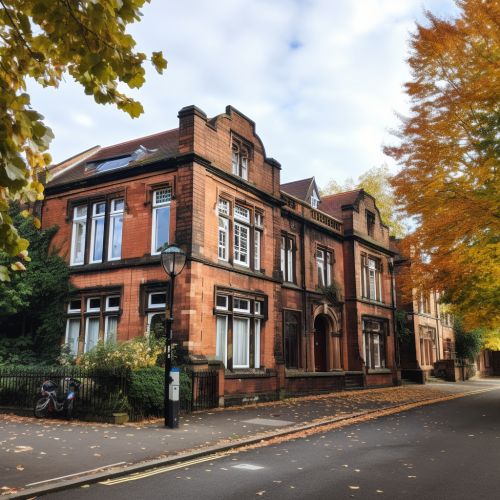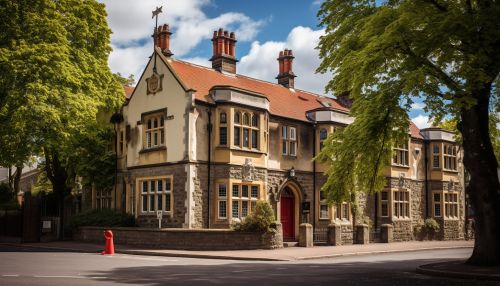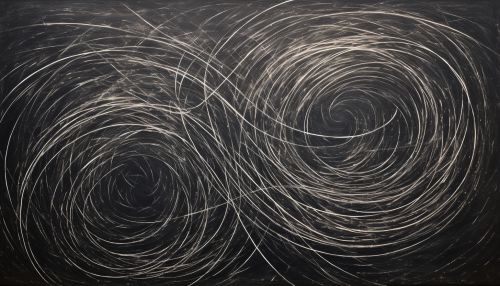Paul Dirac
Early Life and Education
Paul Adrien Maurice Dirac was born on 8 August 1902 in Bristol, England, to Swiss father Charles Dirac and English mother Florence Hannah Dirac. His father was a teacher of French and his mother, a librarian. Dirac's early education took place at the Bishop Road Primary School and later at the Merchant Venturers' Technical College, where his father was a French teacher.


From a young age, Dirac showed a strong inclination towards mathematics and science. He won a scholarship to study at the University of Bristol, where he studied electrical engineering. After graduating in 1921, Dirac decided to shift his focus to mathematics. He completed his mathematics degree in 1923 and was awarded a research scholarship at St. John's College, Cambridge University, where he pursued his research in quantum mechanics.
Career and Research
Dirac's research in quantum mechanics led to the development of the Dirac equation, which describes the behavior of fermions and predicted the existence of antimatter. Dirac's equation won him the Nobel Prize in Physics in 1933, which he shared with Erwin Schrödinger, for "the discovery of new productive forms of atomic theory".
In 1932, Dirac was appointed Lucasian Professor of Mathematics at Cambridge, a position he held until his retirement in 1969. During his tenure, he made significant contributions to the development of quantum electrodynamics and quantum field theory.


Personal Life and Legacy
Dirac married Margit Wigner, sister of physicist Eugene Wigner, in 1937. They had two children, Mary Elizabeth and Florence Monica. Dirac was known for his reserved personality and his precise and concise way of speaking, which is often referred to as "Dirac's economy of language".
Dirac died on 20 October 1984 in Tallahassee, Florida, USA. His contributions to the field of theoretical physics and quantum mechanics continue to be influential. The Dirac Medal, awarded by the International Centre for Theoretical Physics, is named in his honor.
